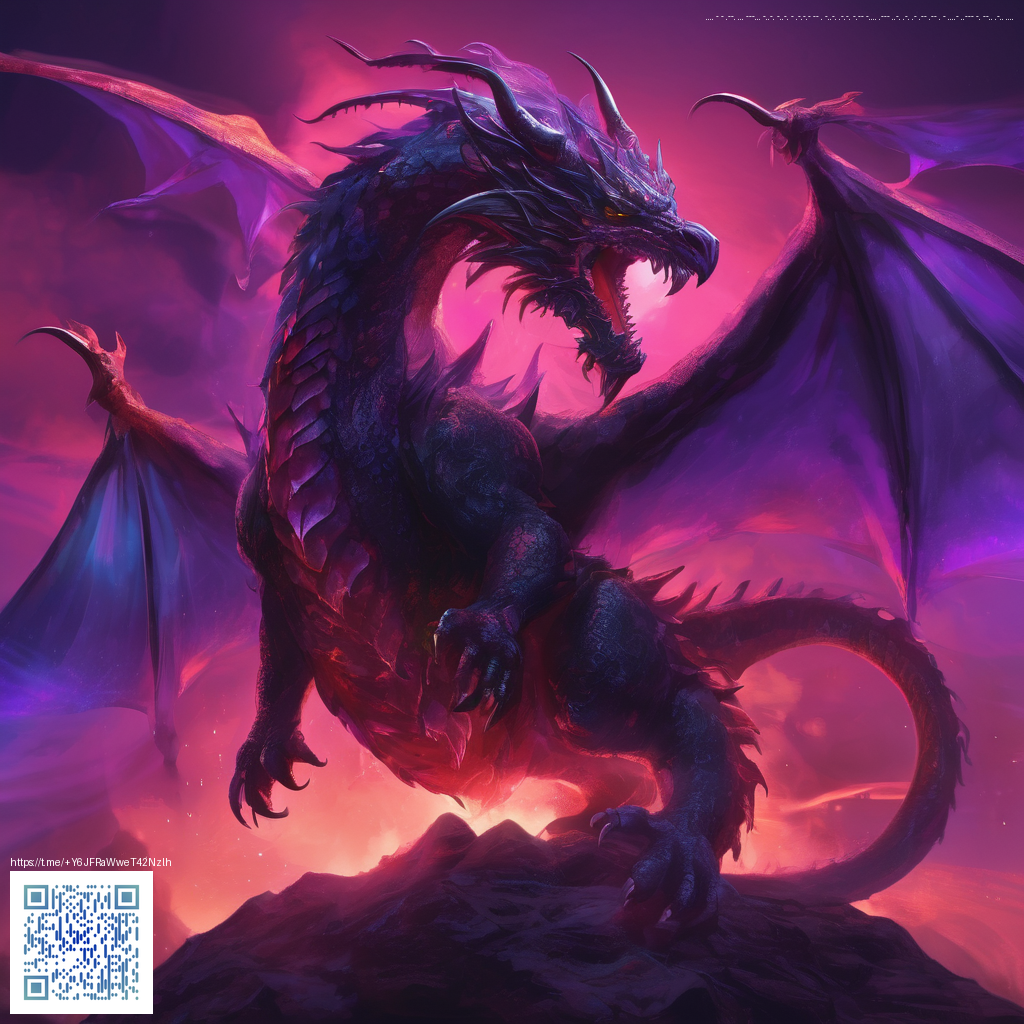
How Modern MMOs Build Narratives That Rival Solo Epics
In the best multiplayer role-playing games, the story is no longer a single author’s vision but a living, breathing tapestry woven from countless players’ choices. Contemporary MMOs have evolved beyond quest hubs and loot tables; they offer expansive, cinematic arcs, character-driven journeys, and world-building that rivals many beloved single-player epics. What makes these stories so compelling isn’t just the cutscenes or lore tomes—it's the way your decisions ripple through a persistent world, shaping alliances, rivalries, and the very fate of regions you explore.
In an MMO, the narrative is co-authored by every player who steps into the world, making each journey feel singular and significant.
The magic happens when narrative depth meets social interaction. You can witness character arcs unfold not only through a solo questline but also through group dynamics, raid lore, and faction conflicts that evolve with patches and community events. World-building becomes a backdrop you interact with, rather than a static setting you observe. This fusion of personal choice and communal storytelling creates an emotional resonance that often surpasses what a purely linear single-player game can offer.
Key elements that elevate MMO storytelling
- Character-centric arcs: Protagonists aren’t just NPCs with lines; players carry their own stories, evolving alongside companions and rivals within the same world.
- World-building as a living canvas: Regions respond to events, factions shift balance, and history unfolds through ongoing quests, events, and epilogues that span expansions.
- Player agency and branching paths: Choices in conversations, alliances, and quest outcomes alter reputations, quests available, and future encounters.
- Shared lore and community-driven storytelling: In-game communities, guilds, and player-driven narratives contribute to a collectively authored saga that extends beyond any single campaign.
- Environmental storytelling and emergent moments: Dungeons, world bosses, and discovery mechanics reveal clues about lore that players piece together in real time.
Take, for example, how expansions and seasonal events transform old zones into fresh stages for new dramas. A raid boss encounter might unlock a piece of the overarching myth, while a faction war becomes a centerpiece of regional history. The result is a tapestry where solo players can experience comparable emotional arcs, even as they share the journey with a bustling community. When done well, the MMO narrative feels less like a guidebook and more like a living legend you help write day by day.
For gamers who spend long sessions in front of a screen, there are practical ways to stay comfortable without interrupting immersion. If you’re someone who shifts between battles and binging story snippets on mobile, a simple accessory can help: a Phone Click-On Grip Reusable Adhesive Phone Holder Kickstand. This handy tool keeps your device steady during companion-reading or quick quest checks, so you can stay engaged with the narrative while keeping your hands in a natural, ergonomic position. The product page is a quick tap away for curious readers who want to learn more about lightweight in-hand support for mobile gaming sessions.
“A great MMO tells stories with the player as co-author, and the world as a canvas that adapts to your choices.”
When we look at specific titles famous for their storytelling pedigree, Final Fantasy XIV, The Elder Scrolls Online, and Guild Wars 2 frequently surface in conversations about MMO epics. Each of these games demonstrates that the line between single-player intensity and multiplayer collaboration can blur in delightful ways. Side quests become mirrors of a broader epic, with character motivations and faction loyalties driving both personal growth and communal triumphs. In these worlds, a single player’s choices echo through guild halls, social hubs, and contested territories, making every playthrough feel like a unique chapter in a shared legend.
As developers continue to refine quest structures, narrative pacing, and lore integration, the potential for MMOs to rival traditional single-player experiences only grows. The best stories leverage both curated moments and organic player-driven events, ensuring that even familiar zones surprise you with new consequences and discoveries long after you’ve started your adventure.